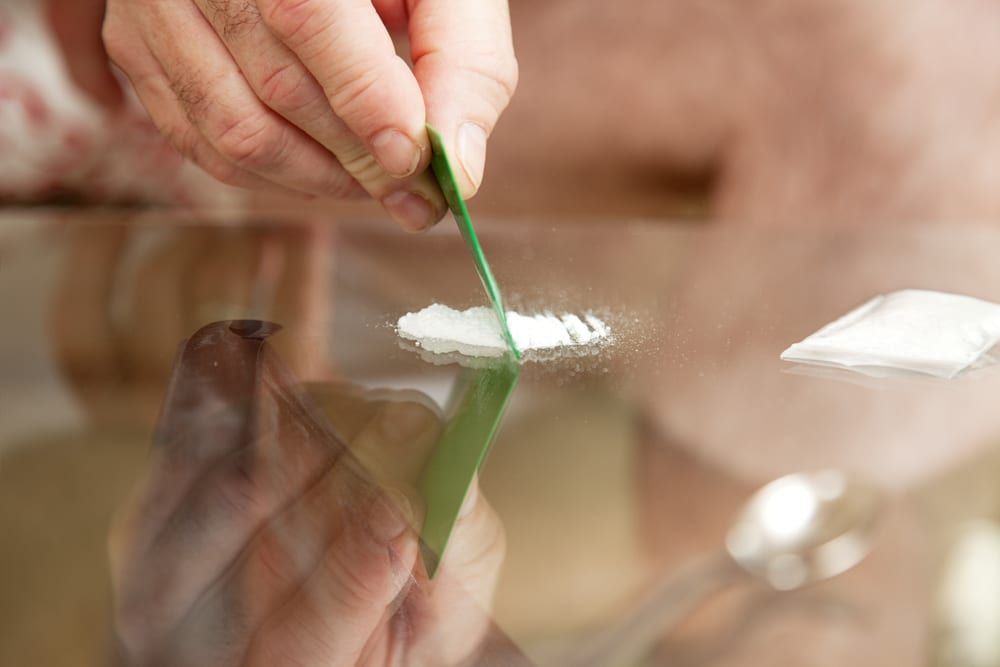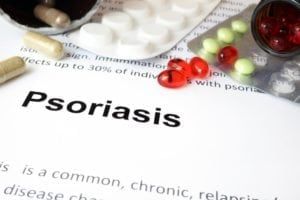Homelessness emerges as a national and international issue, as access to mental health treatment decreases yearly for those with chronic homelessness. Substance misuse, home displacement, domestic abuse, and family rejection can create homelessness and increase the effects of undiagnosed mental health issues, addiction, and higher rates of suicidal thoughts. The limited supply of mental hospital and psychiatric beds has led to decreased access to people who require these services—for therapists and psychiatrists in areas of mental health, providing resources to those who have endured significant traumas and repeated losses.
Is Mental Health Associated with Homelessness?
The connection between mental illness and homelessness is a two-way relationship that’s complicated and difficult to understand. While it can be possible that a person’s mental illness can lead to problems managing income and stable housing, several studies from organizations such as the National Low Income Housing Coalition and the American Psychological Association quote that one of the primary causes for homelessness is the result of the lack of affordable housing and underfunded programs for treatment. While not the sole cause, the lack of affordable housing has resulted in over 500,000 people experiencing homelessness each night.
Homelessness and Addiction
Some of the most common mental illnesses among homeless people include depression, schizophrenia, anxiety disorders, and substance abuse disorders, and homelessness can greatly influence a person’s mental illness, including higher levels of psychiatric stress and alcohol use. Among the mental illnesses that affect homeless people, those who suffer from mental disorders tend to experience a repetitive reliance on harmful substances to cope. This combination creates a destructive cycle of dependency. For psychiatrists and therapists, these often result in dual-diagnosis or co-occurring disorders, conditions where both mental illness and substance abuse coincide with one another. For women, the rate of homelessness and mental illness is significantly higher, resulting in a higher rate of addiction for heroin and crack cocaine. Young adults are most often victims of substance abuse, as they are more at risk of homelessness than adults.
Common Facts about Homelessness
- According to the 2010 study by the Annual Homeless Assessment Report, over 1.5 million individuals experienced homelessness.
- According to the Treatment Advocacy Center, approximately 33 percent of the homeless are individuals with untreated chronic mental illnesses
- Homeless, psychotic individuals are much more likely to get assaulted or threatened while homeless, according to the Treatment Advocacy Center
- In a 2008 survey of homelessness by the U.S. Conference of Mayors, mental illness was the third largest cause of homelessness for adults, mentioned by 48% of the total 25 cities.
How We Can Help With Homelessness
The prevalence of homelessness has risen, and yet among those within the psychiatric community, the goal of helping to negate homelessness starts by understanding the specific needs of homeless populations and providing resources for children, families, the mentally ill, and substance abusers. Our therapists and psychiatrists can connect those within the homeless community to resources about mental health, offer mental health services at homeless shelters, work with hospitals and practices to provide health care supplies, and, most of all, offer trust. Trust, while working with our homeless clients, brings active engagement and understanding of their situations, and through this, we are grateful for the help we can provide to those in need.











































































































































































































































































































